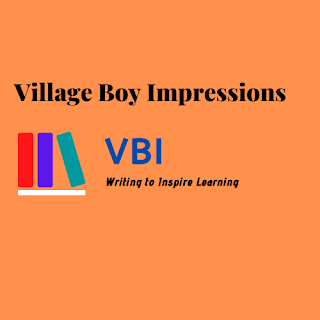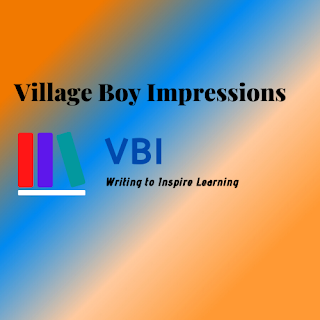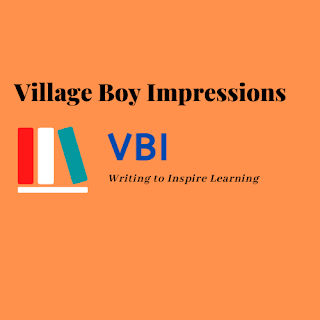Buli Series 4 - Common Words J-L

Maa puusi wai meena ale ajam Buli karungku dewa la ale ngma nye ni tia. Ti daa nga ye wa ka se? Maa poli ayen ni meena yiri ale nyinyogsa. Jinla karungku alaa sai bunaansi. Karungku de po, taa zamsi ka Buli daa-meena wa ngai ate ti bag'a wi yaase ti bag'a ngmarisi a nyini J/Gy agaa paari L la gela. Ti bi seba ayen wa-ngai ate mi nyiem a ngmarisi ti karungku po dela la ka ngaye ngata ayen ti pa piilim. Ti meena nyiem nye kukeri ate ti va wei ngade zuk a poli wei nga chaab nyoro. Dila ale ti zamsika a zuag a nyoro. Maa puusi. [ Greetings and welcome to all of you that come here regularly to learn the Buli Language. How are you all? I hope everyone is doing well. Today's lesson is the fourth in the series. In this lesson, we are going to learn a couple of common words in Buli from the alphabet J/Gy to L. Let me reiterate that the words listed here are only a few and they are intended to whet your appetite. It will be very helpful to you to think up more words under each alph...




